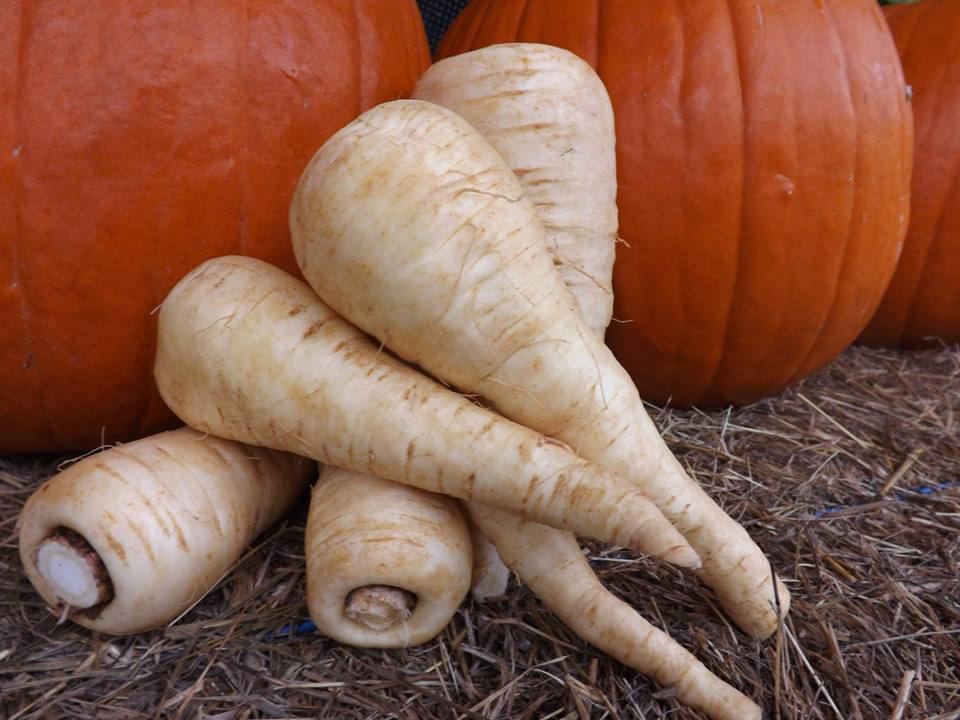

Yet parsnips have never been particularly popular in the rest of Europe. Hannah Glasse, writing in the 1740s, gave a recipe for salt cod with hard- boiled eggs melted in butter and ‘parsnips boiled and beat fine with butter and cream’. The 17th-century herbalist John Evelyn also suggested boiling the parsnip and serving it as a winter salad with oil and vinegar. In Elizabethan times, buttered parsnips were dusted with ginger for added sweetness while parsnip fritters were sprinkled with sugar. Roasting, in particular, brings out the sugar content so they caramelise beautifully and have an earthy, sweet flavour. Parsnips could also be fermented for wine or beer, or used as a jam and in sweet puddings and tarts.īefore the introduction of potatoes, they were among the main sources of starch in the common diet, included in the cooking pot or roasted in the pan beside the meat. After crushing the parsnip, the liquid was drawn off, boiled and used like honey. Parsnips were particularly valued for their sugar content in medieval Europe, where there was a dearth of sweeteners cane sugar was a rare, imported luxury and honey was expensive. It became one of the main crops grown by Anglo-Saxon farmers after the end of the Roman Empire (although the ancient writers did not distinguish too much between parsnips and carrots). The cultivated taproot, Pastinaca sativa, developed out of the umbelliferous wild parsnips that grow throughout central and southern Europe. Or because our ancestors appreciated the value of a crop that dates to Roman times. Perhaps it was because parsnips were once much more common in the British diet than they are today. But why parsnips? Why not turnips or celeriac? Ta- dah! The butter bit relates to the image of fine words oiling and smoothing the process of persuasion. The phrase’s 17th-century origin is rather tortuous: root vegetables when cooked need butter like pot plants need water – in other words, they need ‘buttering-up’. Especially, perhaps, if you say it in a deep West Country growl. I know it’s meant to express the notion that action counts for more than flattery or promises, but even if you say it in a deep West Country growl, it sounds pretty daft. ‘Fine words butter no parsnips’ has to be one of the oddest idioms in the English language.


 0 kommentar(er)
0 kommentar(er)
